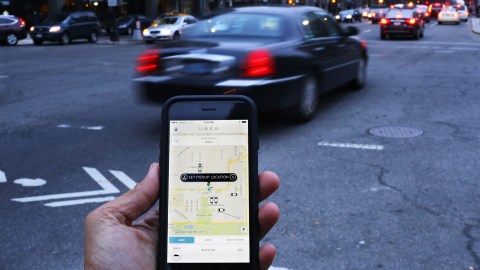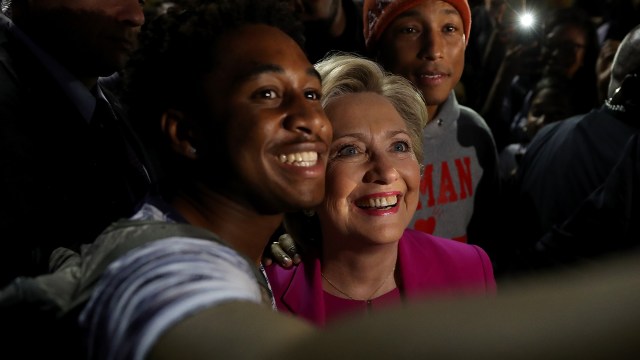Your Name May Influence How Long You Wait for an Uber or Lyft, MIT Study Finds

A recent study has found “significant evidence of racial discrimination” in ride-hailing services Uber and Lyft. If you’re black, you may be more likely to find your Uber ride canceled or be subjected to 30% longer wait times on both services.
The study by MIT looked at over 1,400 cases in Seattle and Boston where they found users with “African American sounding names” were more likely to face discrimination compared to those with more “white sounding” names. Users who looked black, also faced discrimination.
In order to understand how to get rid of discrimination, it’s important to understand how these apps work. When a person “hails” a ride from the Uber or Lyft app, the driver learns your name and what you look like at different stages. For Uber drivers, they learn this information only after accepting your request, which means they have to cancel the ride if they want to pass on a fare. On Lyft, drivers can see a user’s name and face before accepting a request.
With Uber, researchers found African Americans faced higher cancellations rates than on Lyft. But it’s uncertain if the difference in when a potential passenger’s name and photo were revealed to a driver had an influence.
Both Uber and Lyft have chimed in on the study, saying they do not condone racial discrimination.
Rachel Holt, head of North American operations for Uber, said in a statement: “Discrimination has no place in society, and no place on Uber.”
“We believe Uber is helping reduce transportation inequities across the board, but studies like this one are helpful in thinking about how we can do even more.”
It’s been thought that Uber and Lyft could be the solution to traditional cabs, but it seems there’s still a ways to go. Uber has eliminated other biases based on destination by not revealing this information to its drivers. A potential solution to this issue might be best to nix names and photos altogether on rider accounts.





